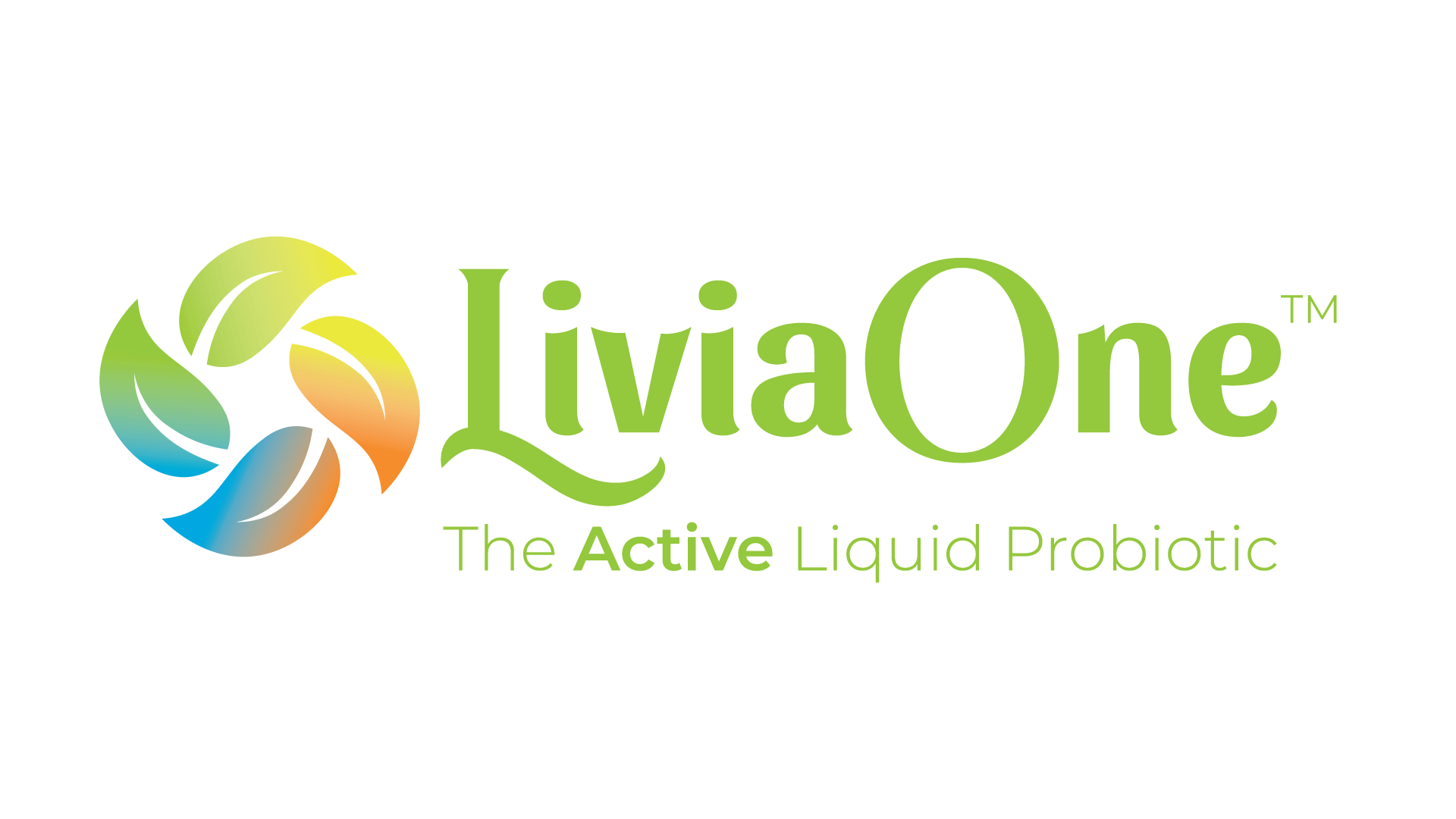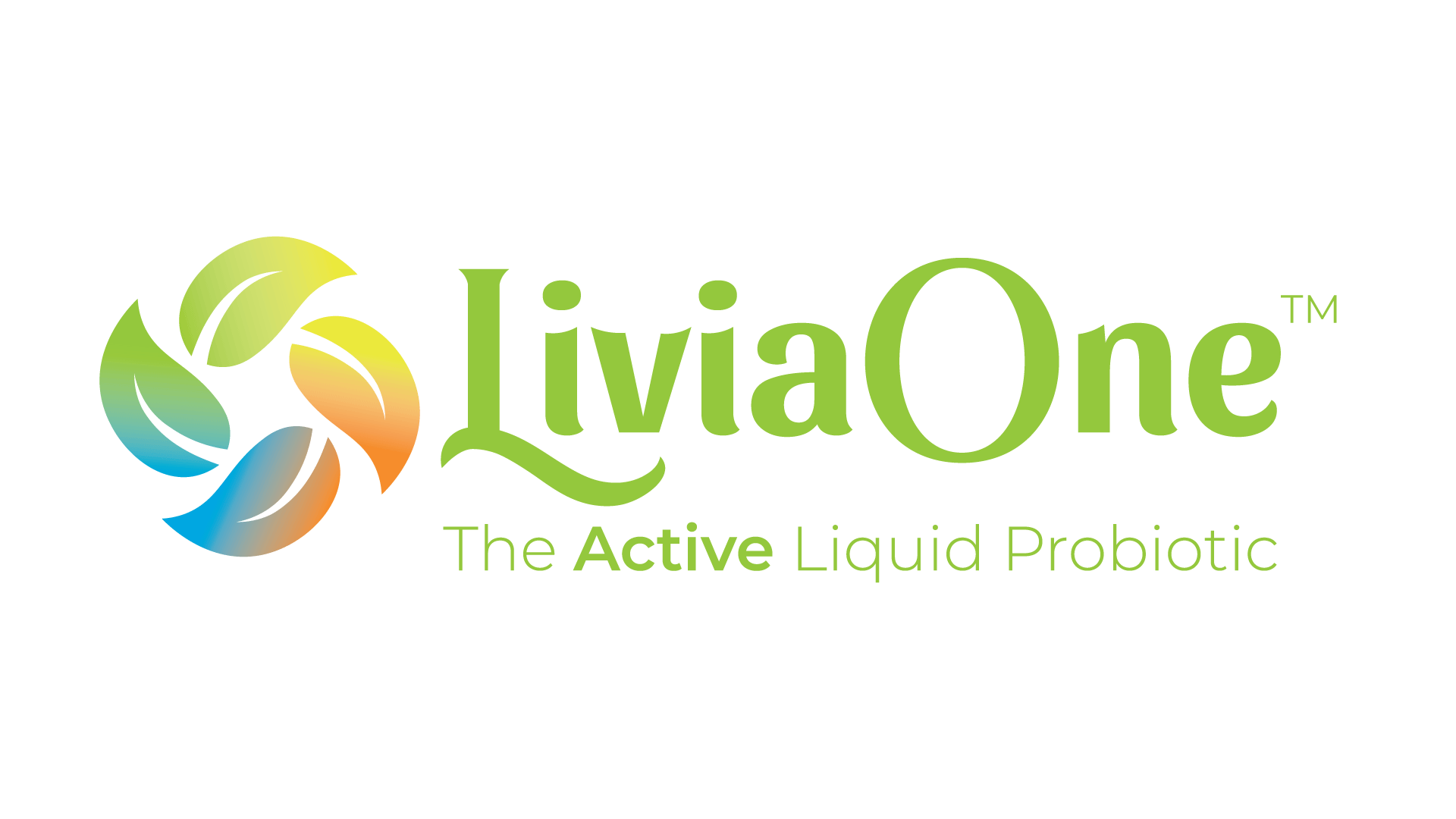Yogurt
Yogurt is a milk product produced by the bacterial fermentation of two bacteria. According to the U.S. Food and Drug Administration, for a refrigerated product to be considered yogurt, it must be produced by culturing permitted dairy ingredients with a bacterial culture which contains Lactobacillus bulgaricus and Streptococcus thermophilus. Yogurt may contain other types of live cultures as well, such as Lactobacillus casei, Lactobacillus GG, and Bifidobacteria.
Yogurt is made when these bacteria convert the sugar in milk (lactose) into lactic acid. This gives yogurt its unique texture and tangy flavor. Because of the action of the bacteria, yogurt is almost a "pre-digested" food. Within an hour of eating yogurt, 90 percent of it is digested, compared to about 30 percent of a glass of milk in that same time frame.
Besides being easily digestible, yogurt offers many other health benefits. The live bacteria in yogurt help maintain the balance of the digestive system. This includes preventing and controlling diarrhea and regulating bowel activity. These good bacteria use up space and nutrients, leaving little room for harmful bacteria to flourish. With no food and no place to attach themselves, they pass through the digestive system and out of the body before they can cause a problem. These good bacteria also produce lactic acid, and many disease-causing bacteria cannot survive these acidity levels.
These beneficial bacteria, or probiotics, have also been shown to aid the body in many other ways. They stimulate the immune system, helping to prevent a variety of illnesses. Several studies have shown evidence of yogurt's positive effect on the immune system. The bacteria reduce the amount of carcinogenic compounds in the intestines by ridding the body of harmful bacteria which transform nitrates into cancer-causing nitrites, and they also inhibit the formation tumors.
In fact, a recent study by the Karolinska Institute in Sweden has shown that eating just two servings of yogurt a day may decrease the risk of bladder cancer by almost half in some people. This huge study followed 82,000 men and women over the course of nine years. Those who ate two yogurt servings a day saw a decrease in bladder cancer at a rate of 45 percent in women and 36 percent in men. At a time when the occurrence of bladder cancer is on the rise, this is particularly good news.
As with most things related to probiotics, any negative side effects of eating yogurt are extremely minimal. Those with badly damaged gastrointestinal tracts should avoid yogurt. There has also been some evidence that those with compromised immune systems, such as people with HIV/AIDS, should not eat large amounts of yogurt without checking with their doctor. For the vast majority of the population, however, any yogurt that has been prepared and stored properly is quite safe.
Though yogurt is at the forefront of today's healthy food products, it has been around to witness many of the great events in history. Fermented and cultured milk products like yogurt were likely being consumed before recorded history, since humans have been drinking milk since that time. The first cultured milk product probably occurred naturally. Because of its good taste, humans figured out how to save a starter culture from a batch of yogurt to help ferment another batch. The first recorded use of yogurt occurred with Genghis Khan and the Mongols. The Mongols spread the consumption of yogurt to Turkey and other parts of the Middle East.
The National Yogurt Association is a national non-profit trade organization which represents manufacturers and marketers of live and active culture yogurt makers. The organization developed the "Live & Active Cultures" seal to help consumers identify those brands that contain live and active cultures, usually of streptococcus thermophilus and lactobacillus bulgaricus. This voluntary seal is available to refrigerated yogurt with at least 100 million cultures per gram at the time of manufacture and to frozen yogurt with at least 10 million cultures per gram at the time of manufacture.
It should be noted that while this seal is a very beneficial tool for consumers, it only guarantees the amount of live cultures at the time of manufacture. After shipping and storage, the amount could be significantly less or even non-existent. In addition, yogurt that is labeled as "heat-treated" has been heated after culturing, killing any live and active cultures. While heat-treating will likely prolong shelf-life, it will rid the yogurt of the benefits of the healthy bacteria. The standard shelf life for non-heat-treated yogurt is 42 to 49 days.
Yogurt can also be made at home, with or without a yogurt maker, using a simple recipe of whole or 2 percent milk and a starter culture of bacteria. These starter cultures are available at most health food stores. As an alternative to this starter culture, regular, store-bought yogurt with live bacteria can be used as a starter. Two tablespoons of this yogurt or yogurt from a previous batch are all that needs to be added per each quart of milk. Seeing the fermentation process in action is an added bonus to eating the tasty yogurt. After a few hours, the bacteria will have multiplied exponentially, creating a thick, tangy treat.
Incidentally, anyone reading very extensively about yogurt will find an array of different spellings out there. The word "yogurt" originated from the Turkish word which is spelled the same except using a g-breve in place of the English g. In the Turkish pronunciation, this sound is a guttural elongation of the vowel sounds, not a g sound at all. When the word was initially translated, it was spelled with a gh. "Yoghurt" is still used in England, Australia, and New Zealand, though the American spelling of yogurt is becoming the spelling of choice in England, also, as more and more manufacturers switch to that spelling. Another variation on the spelling is "yoghourt," though that is less widely used.
REFERENCES:
AboutYogurt.Com: The Official Website of the National Yogurt Association. (2009).
Dictionary.com. (2009).
Fankhauser, Ph.D., David B. (2008). Yogurt Making Illustrated.
Gauffin Cano, Paula et al. (2002). Cambridge University Press. Immunological Effects of Yogurt Addition to a Re-nutrition Diet in a Malnutrition Experimental Model. doi: 10.1017/S0022029902005411.
Larsson, Susanna et al. (2008). The American Journal of Clinical Nutrition. Cultured Milk, Yogurt, and Dairy Intake in Relation to Bladder Cancer Risk in a Prospective Study of Swedish Men and Women.
McGee, Harold. (2009). The New York Times. They Do the Work, You Reap the Yogurt.
Taylor, John R. and Mitchell, Deborah. The Wonder of Probiotics. New York, NY: St. Martin's Press, 2007.
Trenev, Natasha. Probiotics: Nature's Internal Healers. Garden City Park, New York: Avery Publishing Group, 1998.
For more information:
 A complete description of probiotics, along with groundbreaking recent clinical research illustrating the many ways probiotics can prevent disease, can be found in Probiotics - Protection Against Infection: Using Nature's Tiny Warriors To Stem Infection. This new compendium from one of contributing authors of the content on this page, Dr. Casey Adams, PhD., takes the confusion out of selecting and supplementing with probiotics. Referencing over 500 scientific studies and reports, and with detailed instructions on how to make your own probiotic foods, this book is a must for anyone seeking to understand the power of probiotics, and improve their immunity and vitality. Click here for ordering information.
A complete description of probiotics, along with groundbreaking recent clinical research illustrating the many ways probiotics can prevent disease, can be found in Probiotics - Protection Against Infection: Using Nature's Tiny Warriors To Stem Infection. This new compendium from one of contributing authors of the content on this page, Dr. Casey Adams, PhD., takes the confusion out of selecting and supplementing with probiotics. Referencing over 500 scientific studies and reports, and with detailed instructions on how to make your own probiotic foods, this book is a must for anyone seeking to understand the power of probiotics, and improve their immunity and vitality. Click here for ordering information.
Please read this Disclaimer:
The contents of this site, such as text, graphics, images, information obtained from www.Probiotic.org licensors and other material ("Content") contained on this site is for informational purposes only. The Content is not intended to be a substitute for professional medical advice, diagnosis or treatment. Always seek the advice of your physician or other qualified health provider with any questions you may have regarding a medical condition. Never disregard professional medical advice or delay in seeking it because of something you have read on this site!

